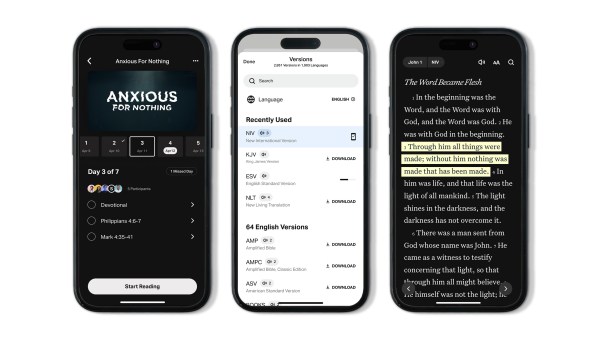The Promise is a visually spectacular Chinese fairytale framed with the Eastern equivalent of Once upon a time, in a land, far, far away … In this world, men and gods occupy the same landscape—the former are violent; the later are mischievous—and when they mingle, destinies are altered.
Our story opens in the aftermath of battle, in which a young girl is caught stealing food from a dead soldier. Her captor is a young boy and she manages to dupe him into letting her go free—an incident that would haunt both their lives. Our sympathies for the girl’s plight are heightened when we realize she is trying to get the food to her dying mother. But when the goddess Manshen (Chen Hong) happens upon the girl and reveals her mother is already dead, she tearfully devours the bread with the goddess’ admonition echoing in her ears, “You must live.”

Manshen makes the girl an offer that would alter the course of her life. She can grow up to be rich and beautiful on one condition—she will lose every man she truly loves unless time flows backward, it snows in spring (all she needs to do is move to Chicago, but I digress), and the dead come back to life. In the seconds that the girl ponders life without the love of a man—exchanging something that, to a young girl, must have seemed like an abstract good from for something that which would assuage her very present hunger—I couldn’t help but think of Eve’s decision in Genesis 3 to eat the forbidden fruit. Surely neither woman was capable of grasping the full ramifications of her decision. But both women nodded and by their choices, destinies changed.
The narrative jumps ahead and the young girl has grown up to be Princess Qingcheng (Cecilia Cheung). She quickly finds herself one corner of a sort of love square, with the other right angles occupied by Kunlun (Jang Dong-Gun), a slave who runs likes the wind, disgraced General Guangming (Hiroyuki Sanada), who’s made his own deal with the gods, and the bitter Wuhuan (Nicholas Tse), Duke of the North.

Moviegoers won’t see any of the faces here that have become familiar via recent popular Chinese exports—Ziyi Zhang, for example, was in Hero, House of Flying Daggers, and Crouching Tiger, Hidden Dragon—but they will recognize the trademark surrealism that characterizes many of the modern Chinese epics. Whirlwind battle scenes with warriors sparring in midair (good thing Isaac Newton wasn’t around, because he wouldn’t have discovered gravity in this world), flowers and feathers falling in slow motion, steel juxtaposed against billowy fabrics, bright colors everywhere. And on top of this, CGI effects that don’t even try to appear realistic—floating deities, a man that outruns stampeding bison, an aerial survey of the imperial city—add another layer of fantasy to the project. At every turn you are reminded that this is a fairy tale. The mascot of the hardened General Guangming’s Crimson Guard is a rose, for goodness sake!
Ultimately, the movie’s narrative fails to delivers on its visceral promise. Its exploration of choice and the extent to which we can and do control our own lives is ephemeral and slight, like another piece of silk out of which the story is spun, but not an element that significantly shapes the moviegoing experience. Indeed, The Promise is an aesthetic experience as much as anything. And while that was perhaps not the director’s intent—there is a certain earnestness about the story that belies its philosophical aspirations—the movie is delightful nonetheless. It’s a fairy tale for adults that allows the viewer to inhabit an entirely different world, and in doing so, becomes an exercise of the imagination. And that’s the sort of exercise we can all get excited about.
Talk About It
Discussion starters- Do you think the young Qingcheng was justified in her lie to escape Wuhaun? Why or why not? What about the bitterness he harbored? Was that justified? How should one or both of them acted differently?
- Did you think Kunlan was a noble slave? Why or why not?
- What was General Guangming’s true downfall? Do you think he loved Qingcheng?
- Do you think Snow Wolf betrayed his people? Was his fear of death proper? Why or why not? Should Christians ever fear death?
- Think about the different motifs that characterize Eastern myths versus Western myths. What do you think these motifs point to about the different cultures they come from? For example: Why do you think that flying (or at least the ability to defy gravity) is often a part of Chinese narratives?
The Family Corner
For parents to considerThere is a great deal of stylized violence in this movie—swords, arrows, and even fans are used to kill. Most of this is bloodless, though the scene of a man on fire edges closer to gruesome. One brief sex scene toes the line between a PG-13 and R rating.
Photos © Copyright Warner Independent
Copyright © 2006 Christianity Today. Click for reprint information.










